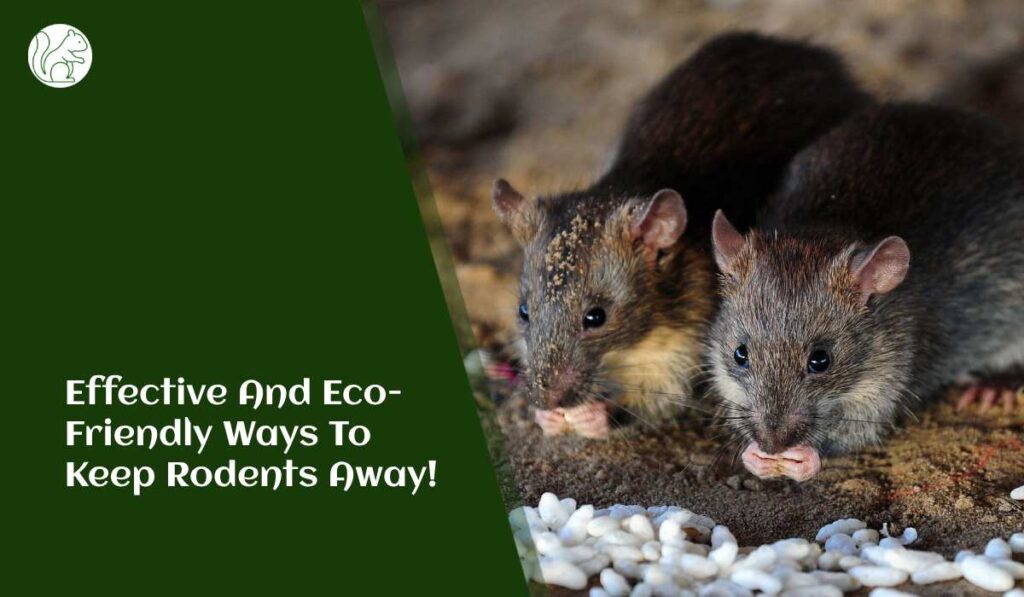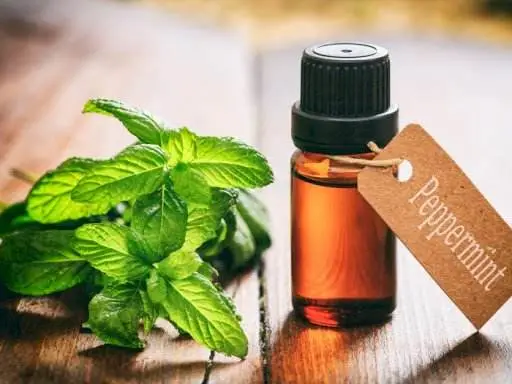Dealing with rodents can be a nuisance, but resorting to chemical-laden repellents may not be the ideal solution for everyone. If you’re looking for a natural and environmentally friendly approach to keep rodents at bay, you’re in the right place. In this article, we will explore various natural rodent repellents that are safe, effective, and easy to implement. Whether you’re facing a rodent problem in your home, garden, or any other area, these natural methods can help you deter them without relying on harmful chemicals.

Understanding Natural Rodent Repellents:
Natural rodent repellents are derived from plant-based ingredients, essential oils, predator urine, and other natural substances. These repellents work by either masking the attractive scents that rodents are drawn to or by creating an environment that rodents find unpleasant or threatening. While they may not have the same potency as chemical-based alternatives, natural repellents provide a safer and more environmentally conscious option.

- Peppermint Oil: One of the most popular natural rodent repellents is peppermint oil. Rodents are known to dislike the strong scent of peppermint, making it an effective deterrent. You can place cotton balls soaked in peppermint oil near entry points or infested areas to discourage rodents from entering.
- Natural Predator Urine: Predator urine, such as that of foxes or coyotes, can mimic the presence of a natural predator and deter rodents. You can purchase predator urine products from garden stores and strategically place them around your property to create a perception of danger for rodents.
- Mothballs: Mothballs, containing naphthalene or paradichlorobenzene, are known to repel rodents due to their strong odor. However, caution should be exercised when using mothballs as they can be toxic to humans and pets if ingested. Place mothballs in areas where rodents are likely to frequent but ensure they are out of reach and well-ventilated.
- Natural Plant-Based Repellents: Certain plants and herbs possess repellent properties that rodents find unappealing. Examples include garlic, onions, cayenne pepper, and black pepper. Sprinkling these substances or creating a spray using a mixture of water and these ingredients can create an unpleasant environment for rodents.
- Ultrasonic Repellents: Ultrasonic devices emit high-frequency sounds that are inaudible to humans but can repel rodents. These devices are plugged into electrical outlets and emit sound waves that disturb rodents’ auditory senses, deterring them from staying in the area.
- Proper Sanitation and Exclusion: Preventing access to food and shelter is crucial in deterring rodents. Ensure that garbage bins are tightly sealed, food is stored in rodent-proof containers, and any entry points, such as cracks or holes, are sealed to prevent rodent entry.
Conclusion:
When it comes to dealing with rodents, opting for natural repellents can be a safe and eco-friendly alternative to chemical-based solutions. Peppermint oil, predator urine, mothballs, natural plant-based repellents, ultrasonic devices, and practicing proper sanitation and exclusion methods can help you effectively repel rodents without compromising your health or the environment. Experiment with these natural repellents to find the ones that work best for your specific situation and enjoy a rodent-free environment the natural way.
